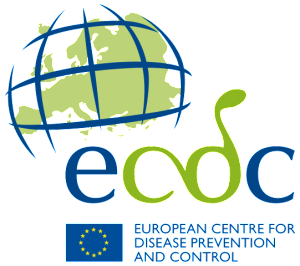This website uses cookies so that we can provide you with the best user experience possible. Cookie information is stored in your browser and performs functions such as recognising you when you return to our website and helping our team to understand which sections of the website you find most interesting and useful.

The European Centre for Disease Prevention and Control (ECDC) was established in 2005. It is an EU agency aimed at strengthening Europe’s defences against infectious diseases. It is located in Stockholm, Sweden.
ECDC works in three key strategic areas: it provides evidence for effective and efficient decision-making, it strengthens public health systems, and it supports the response to public health threats.
ECDC core functions cover a wide spectrum of activities: surveillance, epidemic intelligence, response, scientific advice, microbiology, preparedness, public health training, international relations, health communication, and the scientific journal Eurosurveillance.
ECDC disease programmes cover antimicrobial resistance and healthcare-associated infections; emerging and vector-borne diseases; food- and waterborne diseases and zoonoses; HIV, sexually transmitted infections and viral hepatitis; influenza and other respiratory viruses; tuberculosis; and vaccine-preventable diseases. All in all, ECDC monitors 52 communicable diseases.
